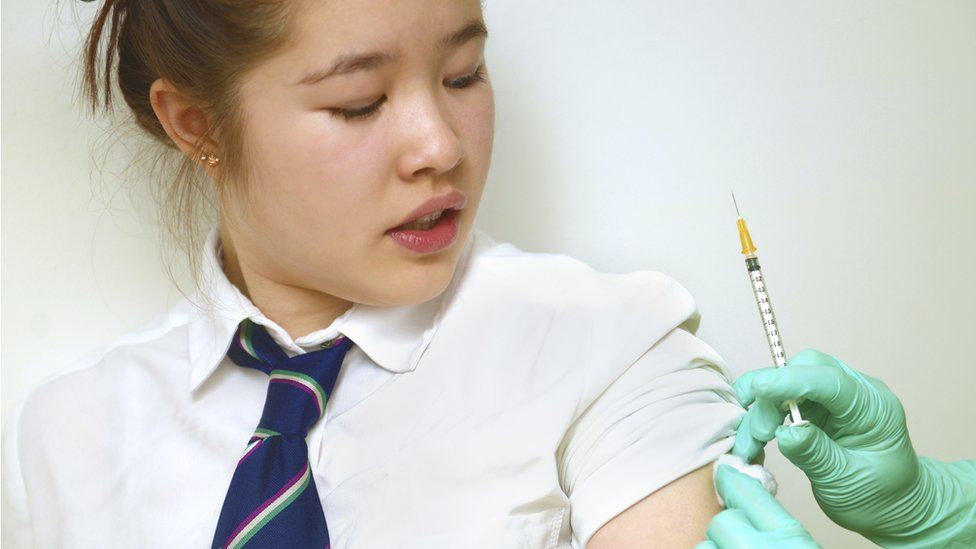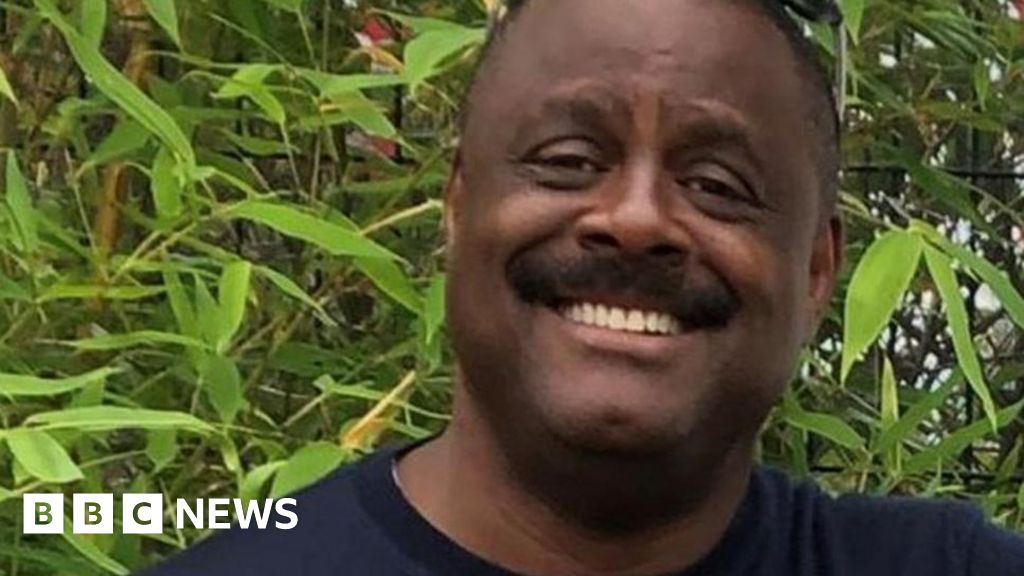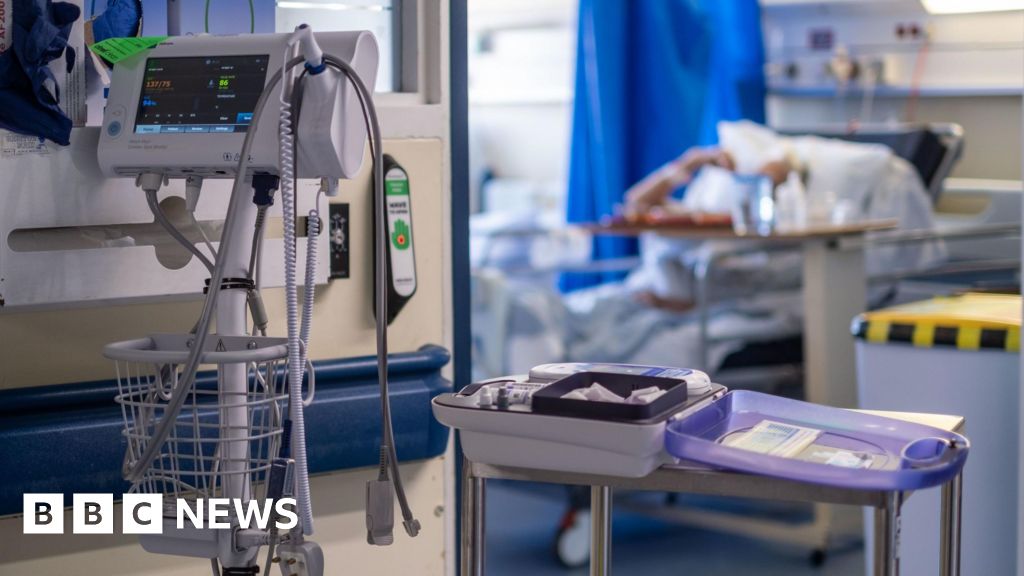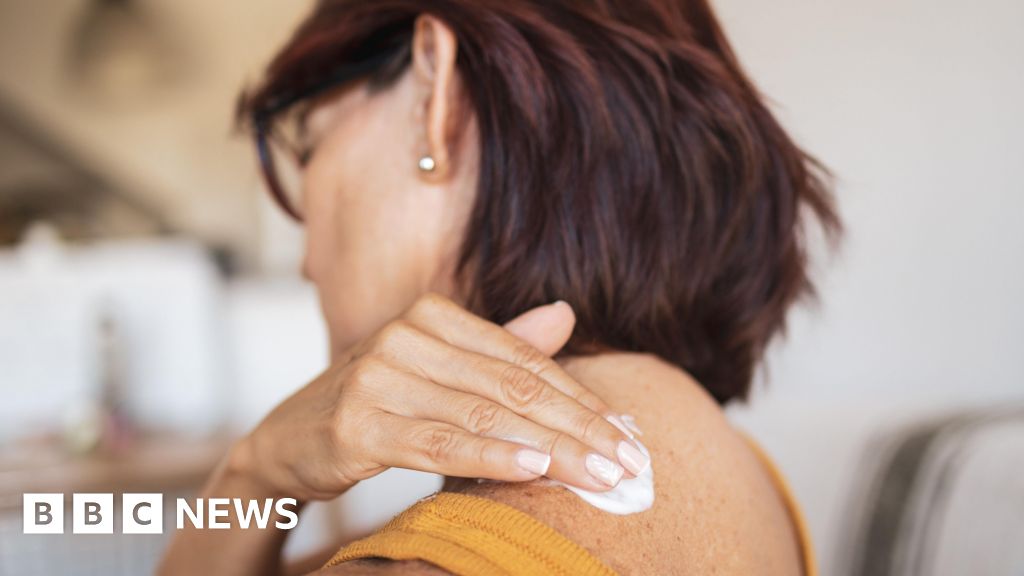ARTICLE AD BOX
 Image source, Getty Images
Image source, Getty Images
Teenagers could be at risk of rare diseases after a drop-off in vaccinations during the Covid pandemic, UK health officials are warning.
In 2021-22, 69% of 13 and 14-year-olds received a jab protecting against tetanus, diphtheria and polio - down 7% on the previous year.
Another vaccine, against meningitis, also saw a similar fall in uptake.
Parents are being urged to make sure young people are up to date with their vaccines before they leave school.
The UK Health Security Agency (UKHSA) said many of those who had missed out on vaccines because of school closures in the pandemic had now been immunised.
But vaccine coverage remains still below pre-pandemic levels.
UKHSA consultant epidemiologist Dr Vanessa Saliba said children and young people who had missed out on their teenage vaccines should contact their school nurse, school immunisation team or GP surgery to arrange a catch-up.
"These vaccines offer the best protection as young people start their journey into adulthood and mixing more widely - whether going to college, starting work, travelling or going to summer festivals," she said.
The three-in-one booster against tetanus, diphtheria and polio is free on the NHS to all 14-year-olds, through their school.
It is also given to babies at eight weeks, 12 weeks and 16 weeks old, and before they go to school. All five doses are crucial for building up long-term protection.
The MenACWY vaccine is also routinely offered to teenagers of the same age, but anyone up to the age of 25 can still get it through their GP. It protects against four strains of meningitis.
Before the pandemic, uptake for these vaccines was nearly 88% in England, but latest figures show that dipped to 69% for 13 to 14-year-olds in 2021-22.
Uptake among Year 10 school pupils, who are aged 14 to 15, was higher at about 78% which shows more children are catching up on missed jabs.
Steve Russell, national director for vaccination and screening, said the vaccines were "extremely well-researched" and proven to provide protection against a range of serious diseases.
The HPV vaccine is also offered in secondary schools and protects against a range of cancers.
"We strongly urge those eligible and their family members and guardians to ensure they are up to date, and if not to come forward for their vaccines as soon as possible - it's the best way to keep you protected," he said.
Last week the UN agency Unicef said there were worrying signs that confidence in life-saving childhood vaccines was slipping worldwide, partly because of vaccine hesitancy and disinformation.
Related Internet Links
The BBC is not responsible for the content of external sites.

 2 years ago
51
2 years ago
51








 English (US) ·
English (US) ·